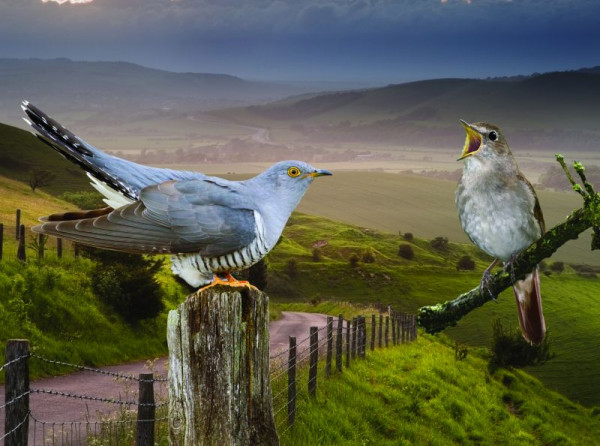
Cuckoo and Nightingale Appeal
The English Cuckoo population has declined faster than that of most other birds, decreasing by 75% since 1967. The Nightingale population has plummeted even faster, resulting in a staggering 90% drop in the same period, with a contraction of 40% in its British geographical range. If this long-term trend continues it is possible that the Nightingale could become extinct from Britain as a breeding species in the coming decades.
It’s more vital than ever that we push on with the ground-breaking research we have begun on Cuckoos and pull out all the stops to unearth as much as we can from the information we hold in our archives about the Nightingale.
This appeal is now closed, but you can still support our Cuckoo research by donating to the Cuckoo Tracking Project.
Analysing Nightingale survey data to discover reasons for decline
Data collected for the National 2012-13 Nightingale Survey has already proved of significant importance in influencing decisions about the future of the UK’s best site for Nightingale at Lodge Hill in Kent.
The unique data from the survey still have great potential to shed further light on the causes of population decline and where and how action can best be taken to reverse it.
Our analysts and statisticians will work to show exactly how the range has changed and where local extinctions have occurred, as well as how sex ratios and consequent breeding success varies across the UK.
This will be the first time this has been attempted for any species at this scale and we hope will cast light on the underlying causes of the decline.
In addition, we'll be using information from geolocator tracking studies and samples collected in Ghana to look at what happens outside of the breeding season, such as habitat availability and environmental variations on migration which could be limiting breeding populations.
With your support we hope to gather the information we need to understand the decline of these two iconic birds and stop them from becoming sounds of the past. Thank you.

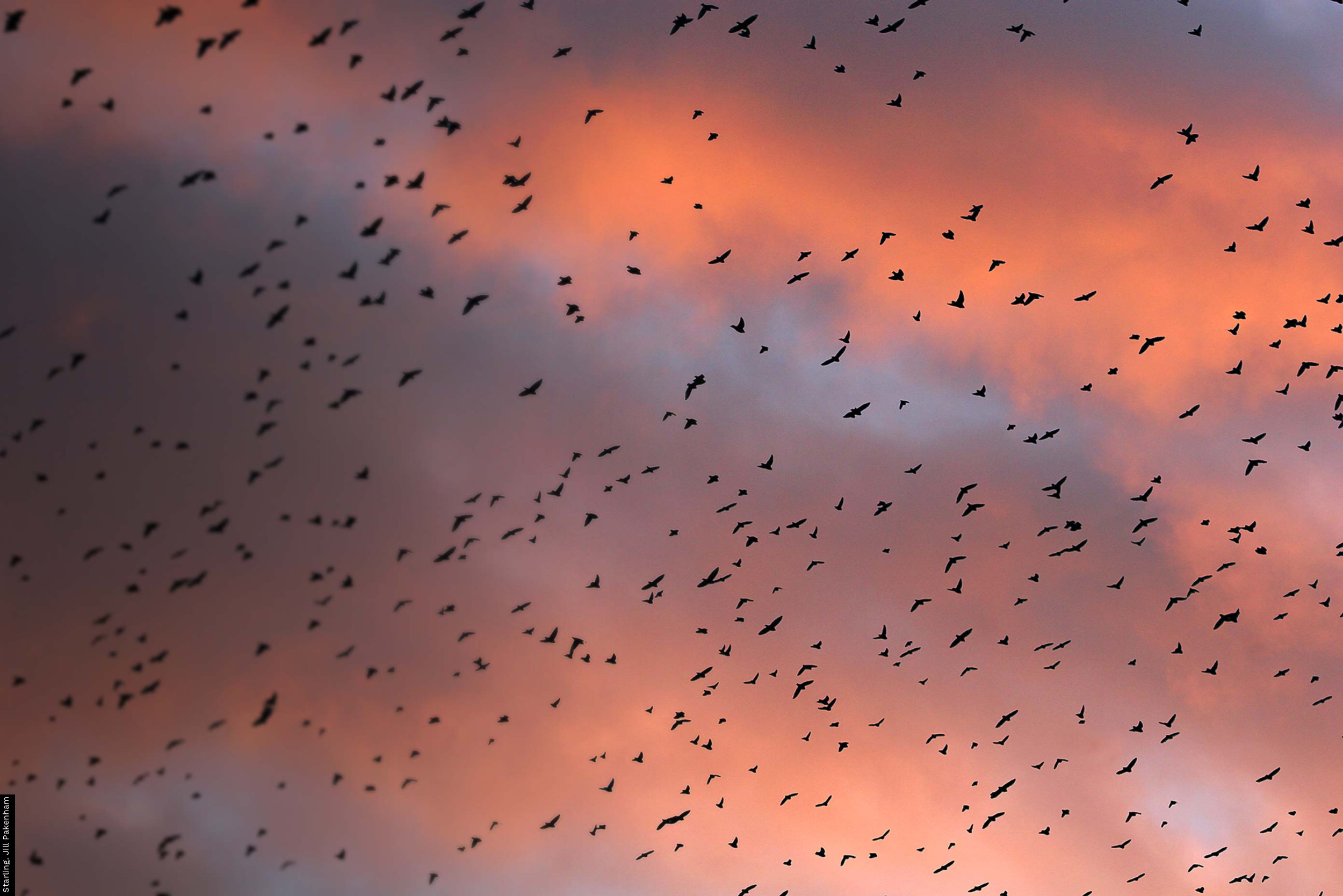
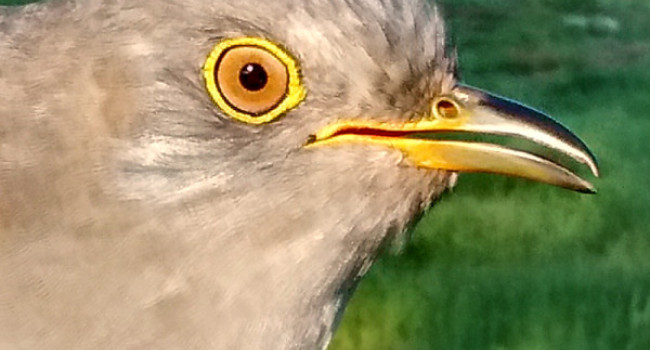
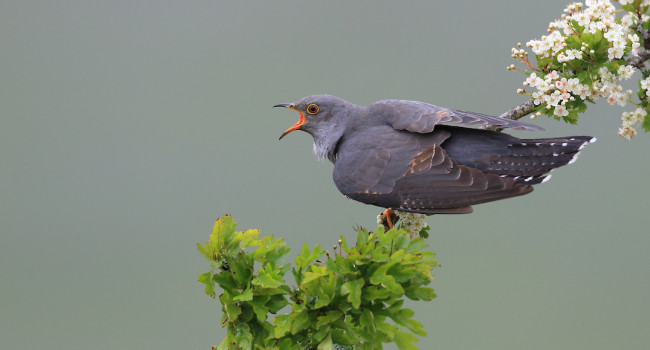
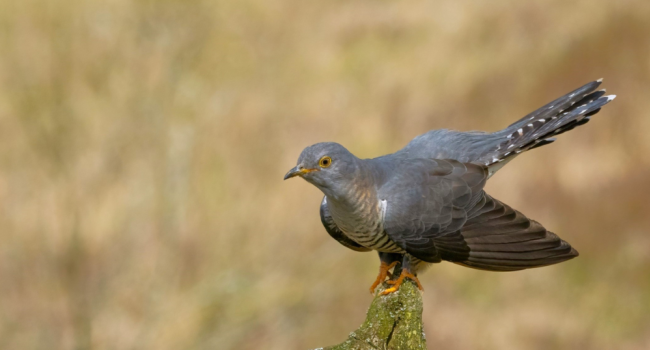

Share this page